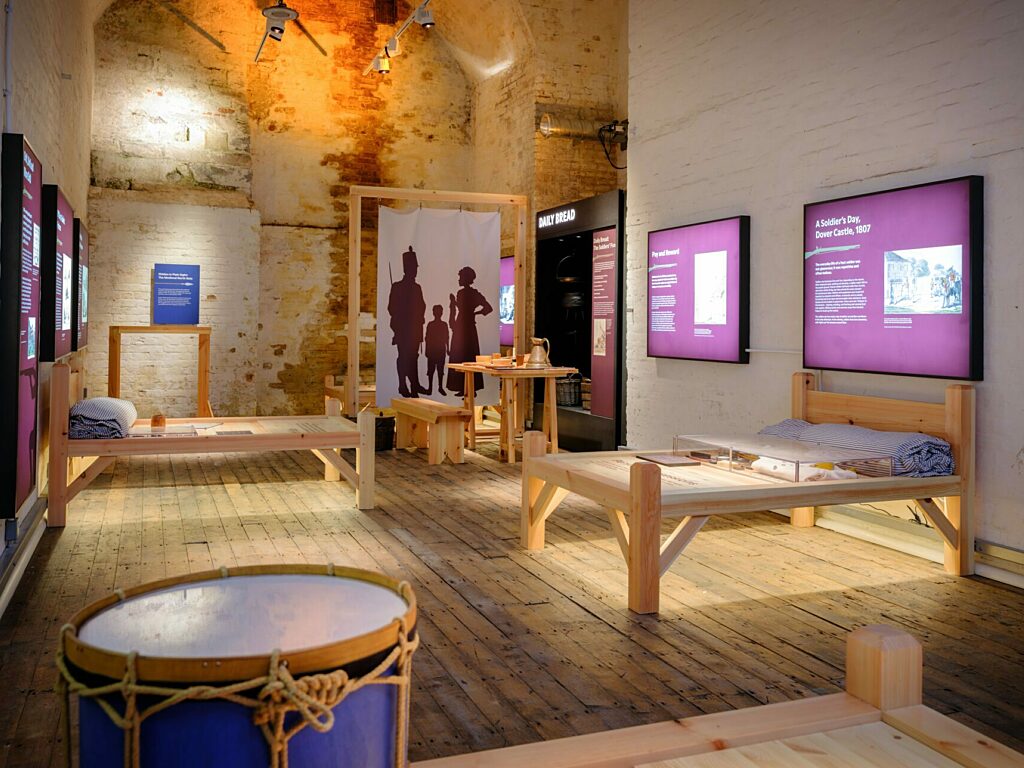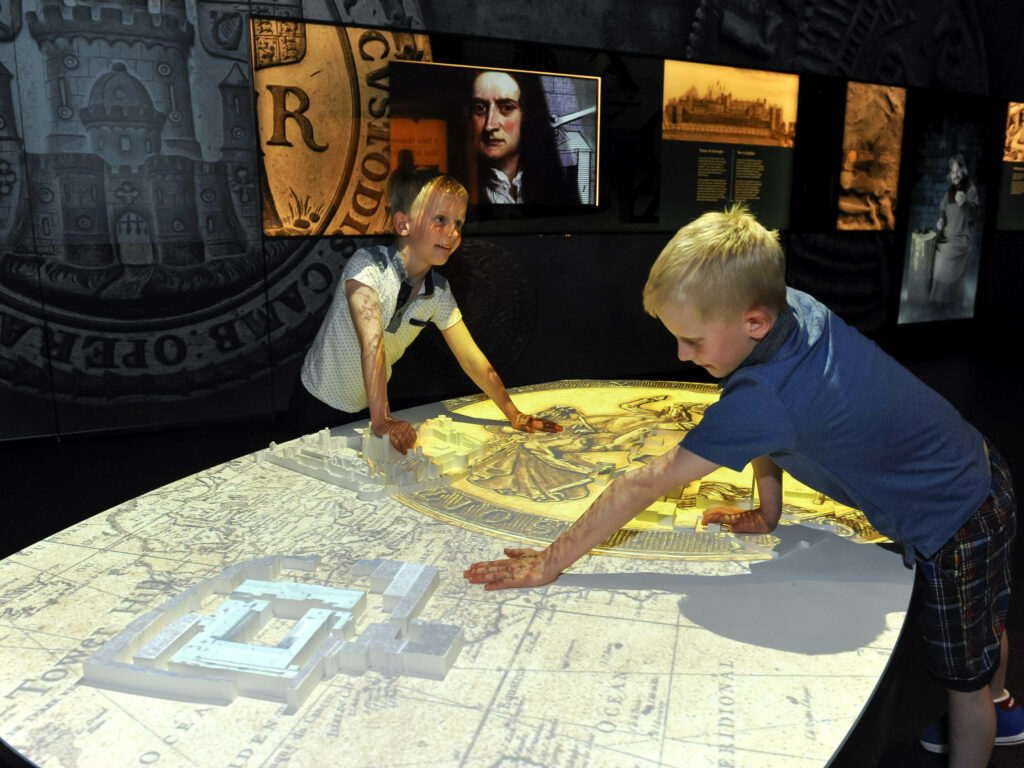With the toppling of the Edward Colston statue in Bristol to BLM protest marches in the wake of the George Floyd murder, are museums now becoming a place to discuss Britain’s past and current events affecting our communities today?
It is certainly a trend Mather & Co is seeing across our live projects. In consultation sessions people want to understand more about how objects came to the UK and explore a more rounded discussion on key figures and events in history. It is often not a case of sanitising stories or omitting them, but telling stories that have never been told before. History is never just one-dimensional.
Our recent project at The Pankhurst Centre takes an open and critical look at the Pankhurst family during their time living at 62 Nelson Street and their involvement in the Womens’ Suffrage Movement. The exhibition showcases the different sides of Emmeline Pankhurst and her three children Christabel, Adela and Sylvia in a more rounded way – bringing to light Emmeline Pankhurst’s role as a celebrated activist, but also her sometimes difficult relationship with her daughters, who in turn had positive and more challenging histories.

Mather & Co’s work at Ipswich Museum goes one step further. They have decided to completely transform their entire museum with a decolonising ethos. Part of the decolonising process is to revisit all of their collections and understand and interrogate them from different perspectives, researching their provenance, how they arrived in Ipswich and their relationship to the British Empire. To do this, we will work closely with local and origin communities, both to learn more about the objects and to discover how they would like the stories and collections interpreted in the new museum. The project will also explore the restitution of objects to their origin communities, where appropriate.
If you would like help on how your museum can involve local communities and reflect contemporary debate, contact us.



